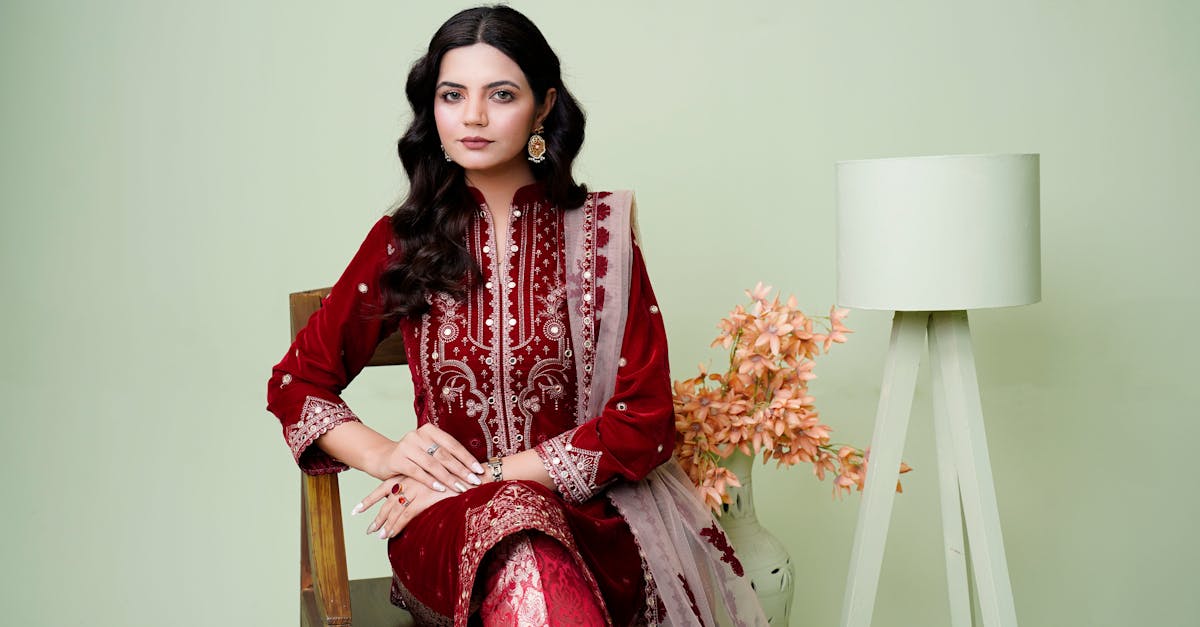Mindful Fashion Muse: Elegance Meets Sustainability
Introduction to Mindful Fashion
As concerns about environmental sustainability escalate, the fashion industry, often criticized for its environmental impact, is seeing a transformative shift. Enter mindful fashion—a movement that marries style and environmental responsibility. Mindful fashion appeals to consumers conscious of their carbon footprints, offering innovative solutions. By prioritizing ethical production and sustainable materials, this trend challenges traditional fashion norms. While celebrating individuality, mindful fashion respects ecological boundaries, creating a ripple effect in global style dynamics. What does this mean for the present day fashion industry and its future?
Advertisement
Sustainable Materials and Their Advantages
The core of mindful fashion lies in its choice of materials. Natural fibers like organic cotton, hemp, and linen are becoming favorites, given their biodegradable nature. These materials require fewer pesticides and water than conventional options, reducing environmental harm. Alongside, recycled materials—such as PET bottles being transformed into wearable fabrics—are gaining traction. This recycling reduces waste while offering innovative textures and designs. The advantages extend beyond sustainability; these materials often provide better comfort and durability. Fashion brands are exploring these to assure quality and eco-friendliness.
Advertisement
Innovative Manufacturing Techniques
Mindful fashion extends beyond materials to sustainable manufacturing processes. Ethical production means ensuring fair wages and safe working conditions, addressing long-standing fashion industry issues. Techniques such as zero-waste pattern making or water-free dyeing illustrate industry's shift towards ethical consciousness. Advanced technologies, like 3D printing in fashion, reduce fabric waste, enhancing material efficiency. Such methods not only support environmental sustainability but improve product quality. By innovating production, fashion brands reinforce their commitment to ecological responsibility.
Advertisement
Design Philosophy in Mindful Fashion
At its heart, mindful fashion emphasizes timeless design. Rather than catering to fleeting trends, it focuses on enduring styles that transcend seasons. This shift challenges the fast fashion narrative that encourages throwaway culture. Many designers now advocate versatility—creating pieces that users can wear in various settings. By promoting "capsule wardrobes," consumers learn to value quality over quantity. Influencers subtly illustrate that style shouldn't sacrifice sustainability. The outcome! A shift in consumer behavior, valuing authenticity over transient trends.
Advertisement
Influence of Cultural and Social Movements
Mindful fashion is not just a trend; it represents a cultural shift. The call for climate action, amplified by activists, has heightened awareness around this movement. Millennials and Gen Z, prominent voices in sustainability dialogues, demand practices that respect the planet. Their influence catalyzes a societal shift, redefining consumer expectations from brands. Mindful fashion gains traction as influencers and celebrities champion it through public endorsements. In essence, this movement empowers individuals to embrace sustainability without compromising style.
Advertisement
Impact on Consumer Purchasing Decisions
Consumers increasingly prioritize brand transparency and ethical practices when making fashion purchases. Companies that highlight sustainability certifications and commitments gain favor among eco-conscious buyers. Transparency extends to production processes and labor practices, ensuring that consumer dollars promote ethical standards. Social media amplifies these narratives; vivid campaigns highlight mindful choices and the planet's wellbeing. The outcome! An informed buyer consciously chooses brands sharing their eco-values, reaffirming that informed buying can drive market change.
Advertisement
The Role of Technology in the Fashion Industry
Technology's role is pivotal in implementing mindful fashion. AI and machine learning predict sustainable trends, creating efficient supply chains and reducing excess production. Virtual fitting rooms capitalize on augmented reality to eliminate the wastage accompanying returned clothing. Blockchain technologies provide transparency, detailing a garment's journey from raw material to finished product. Innovative apps also educate consumers, offering eco-friendly alternatives while monitoring personal carbon footprints. Such tech-driven solutions reinforce fashion's potential to be both chic and sustainable.
Advertisement
Challenges and Future Outlook
While mindful fashion is gaining momentum, challenges remain. High production costs of sustainable materials may elevate retail prices, creating accessibility barriers. Educational efforts must dispel misconceptions about sustainable fashion affordability and appeal. Industry-wide collaborations could overcome scalability hurdles, ensuring mindful fashion reaches wider audiences. As more brands join this movement, mindful fashion could redefine luxury, viewed through the lens of sustainable elegance. The future promises exciting developments as the industry embraces innovative practices and consumer demand grows.
Advertisement
Success Stories and Pioneers
Brands like Patagonia and Stella McCartney stand as icons of mindful fashion's success, inspiring others to follow suit. These pioneers champion environmental responsibility, integrating it into core business models. Smaller startups, like Reformation and Everlane, propagate transparency and the effective use of eco-friendly materials. High-end fashion houses also explore mindful practices, with Gucci and Burberry experimenting with upcycled materials. These stories underscore that sustainability and profitability aren't mutually exclusive. Their triumphs set a benchmark for future endeavor-seeking conscious fashion solutions.
Advertisement
Conclusion
In conclusion, mindful fashion represents a significant paradigm shift in the industry. It challenges older norms, advocating a harmonious balance between style and sustainability. Brands committed to this movement lead the way, driving change across fashion landscapes. As consumers, their choices impact industry direction, promoting transparency and ethical responsibility. The era of mindful fashion is here, paving the way for a future where elegance meets ecological consciousness seamlessly.
Advertisement








